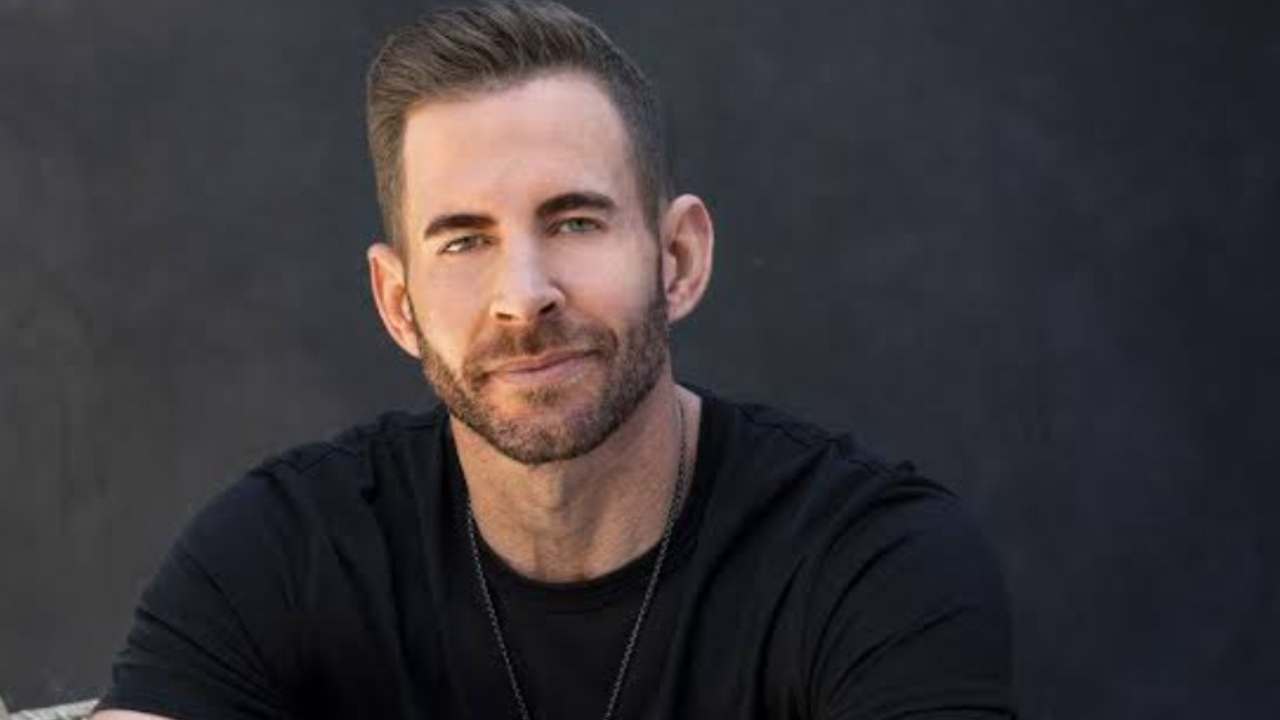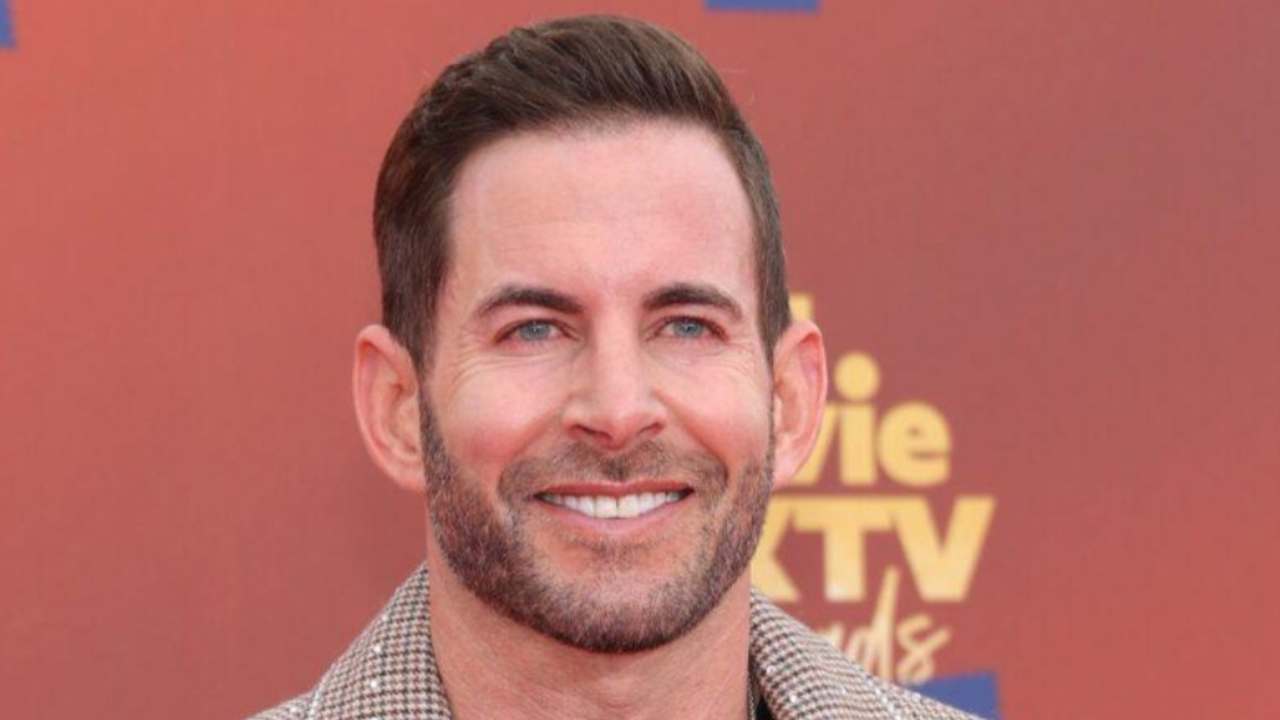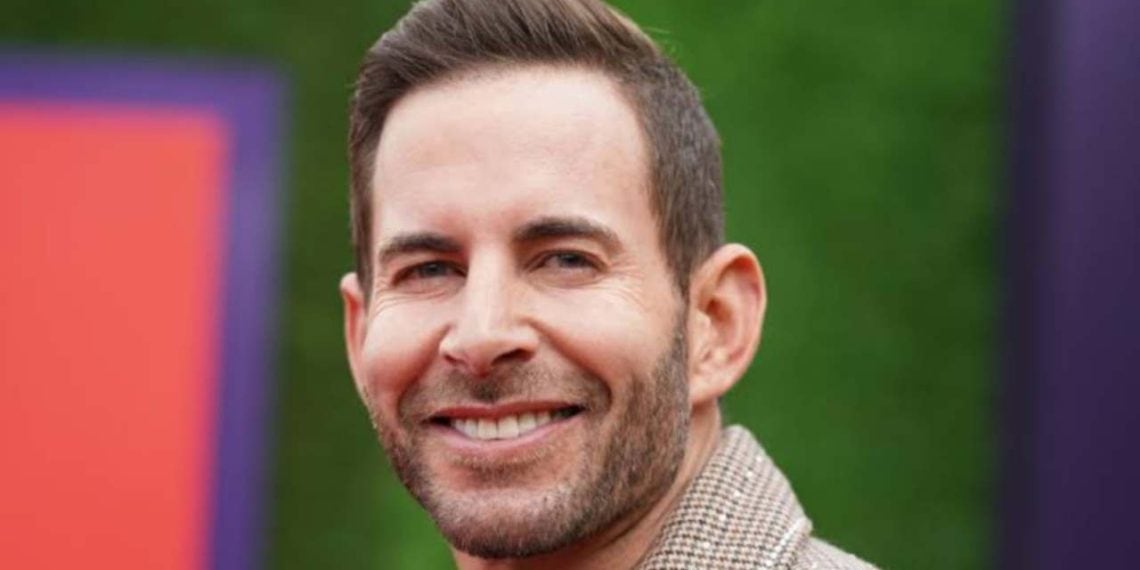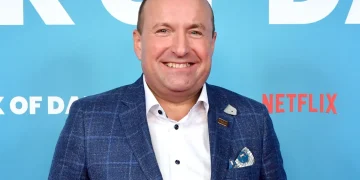Tarek El Moussa delves into the repercussions of his steroid addiction on his family in his latest publication, Flip Your Life: How to Find Opportunity in Distress—in Real Estate, Business, and Life.
In his memoir, the 42-year-old Flip or Flop alum recounts being prescribed anabolic testosterone following his battles with cancer and back surgery. “I told [the doctor] about my history with cancer. Then she explained that my exhaustion was a consequence of my testicular cancer,” he writes.

While the prescription initially provided a boost in energy, he reflects on how rapidly he became reliant on the steroid. It oscillated between feeling “like Superman” and being “seized by anger and fear.”
These “terrifying lows” began affecting his then-wife, Christina Hall, 40, and their two children, Taylor and Brayden, now 13 and 8, respectively.
“I would come home and be so strung out, so raw, that I couldn’t even talk to Christina; I couldn’t talk to Taylor or play with Brayden,” he writes.
El Moussa continues: “I would walk upstairs and close the door. I would sit in front of my computer, thinking about nothing. More often than not, I’d sit there simply staring at the wall. I was a terrible husband, father, friend, and son.”
He acknowledges that his addiction significantly contributed to the collapse of his marriage to Hall. The couple officially announced their split in December 2016 after a highly publicized gun incident in May of that year.
El Moussa camped out on their boat after the altercation, deciding to abruptly quit the regular testosterone intake “cold turkey” in a bid to reconcile with Christina and reunite his family.

However, the abrupt cessation of the steroid resulted in a perilous “biochemical shock,” exacerbating his mental state.
Upon witnessing his condition, a concerned friend promptly connected him with Dr. Drew Pinsky, who facilitated El Moussa’s admission to a rehab facility, described in the book as a “halfway house occupied by mostly heroin addicts.”
“I lived at the rehab center for two months, and during that time—away from the glare of the spotlights—I talked to several therapists,” he writes. “Every day consisted of regular support sessions and counseling.”
The Flipping El Moussas star continues: “It would be hard to put into words how grateful I am for the many, many kindnesses—and frankly, the tough love—that I experienced there, from that first phone call to Dr. Drew to the many counseling sessions at the center. When I left, I still had a ton of work to do. But those two months gave me enough to keep fighting for my life.”





